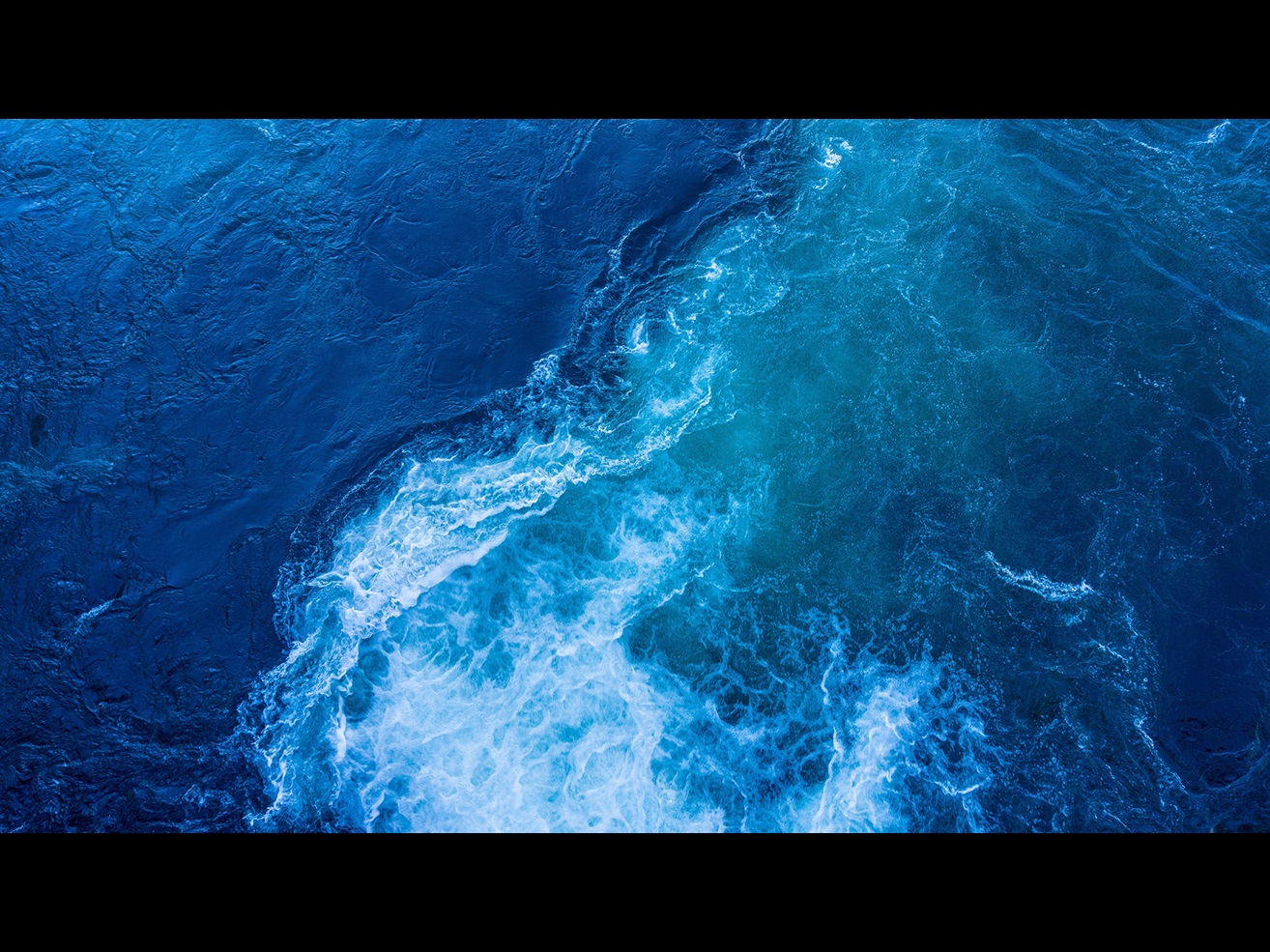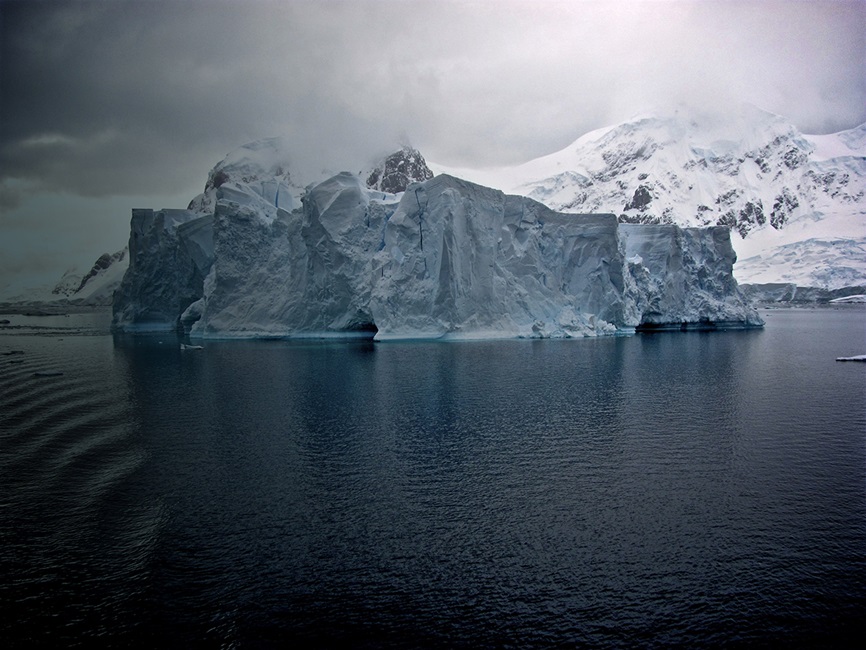
LEGAL EDUCATION FOR SCIENTISTS
Webinars
-
An Overview of Anti-Lobbying Regulations for Federally-Funded Scientists – Attorneys from the CSLDF discuss the definition of “lobbying” and how federally-funded scientists can be politically active without violating laws.
-
An Overview of Anti-Lobbying Regulations for Federally-Employed Scientists – Even scientists working for federal agencies are entitled to engage in political advocacy. Attorneys from the CSLDF discuss how to be politically active.
-
Scientific advocacy and congressional powers. While a big focus of the 2020 U.S. election season is on the presidential race, the outcome of the congressional ballot also has critical implications for science. Congress has major authority with regards to funding research, oversight of how federal scientific agencies are run, and the ability to investigate how federally-funded science is conducted.
-
How scientists can be involved in the runup to the 2020 election. Scientists are increasingly looking to use their voices to engage in political matters, especially as the 2020 U.S. election approaches. In this webinar, representatives from the Climate Science Legal Defense Fund will help scientists understand how they can fully participate in political campaigns and political activism
-
What Scientists Should Know About Writing Open Letters. You may be inspired to send an open letter or create a public petition because of efforts to marginalize or suppress science. While the possibility of these activities resulting in legal action on against you is small, there are things you can do to avoid putting yourself at risk when you advocate for science.
-
Pocket Guide to Safeguarding Online Communications. The Climate Science Legal Defense Fund produced this guide to help scientists understand how to manage their online communications. This guide concerns only U.S laws, and nothing in it should be construed as legal advice for your individual situation.

Climate science and the law
In recent years, an increasing number of scientists have found themselves involved in legal discussions about their work, their correspondence, and their public statements. To better prepare the scientific community for these challenges, AGU and the Climate Science Legal Defense Fund (CSLDF) have put together a legal education program for the scientific community. The goal is to both give scientists a primer on the legal issues they face and to update them on legal situations currently making their way through the courts which may impact them. The program includes webinars, events at AGU’s Fall Meeting, and the ability to connect with attorneys who work on geoscience legal issues.


